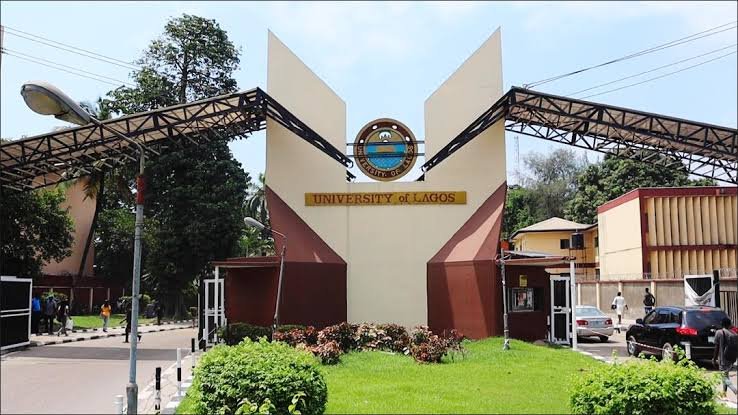How African Culture Shapes High School Education in Nigeria
Education is a vital aspect of life that influences individuals’ personal and societal growth.
Every society has its unique culture that often shapes the education system. In Nigeria, the education system has been largely influenced by the African culture, which has defined it in various ways.
The education system in Nigeria is made up of primary, secondary, and tertiary institutions.
However, in this article, our focus will be on how African culture shapes high school education in Nigeria.
Nigeria is a country with over 250 ethnic groups, each with its unique cultural beliefs and practices. African culture refers to the customs, traditions, and values of the people of Africa.
Culture plays a crucial role in shaping the education system in Nigeria, from curriculum development to teaching methods.
African culture emphasizes communalism, where individuals are expected to work together for the common good of the society.
As such, this communalism has led to the design of curriculums that emphasize group learning and cooperation.
How African Culture Shapes High School Education in Nigeria
In Nigeria, high school education is designed to prepare students for tertiary education or the workforce.
The curriculum is structured to cover various subjects, including mathematics, sciences, languages, and social sciences.
However, the approach to teaching and learning in high schools is quite different from what is obtainable in western societies.
The influence of African culture can be seen in the teaching methods used by high school teachers.
One of the significant ways African culture shapes high school education in Nigeria is through the use of storytelling.
Storytelling has been an integral part of African culture for generations. It is a traditional method of teaching, where the teacher uses stories to pass knowledge, values, and morals to students.
High school teachers in Nigeria use storytelling to convey complex topics to students. For instance, teachers can use folklore or mythological stories to explain scientific principles to students.
This method of teaching helps students to grasp concepts easily, and it also reinforces the importance of oral traditions and cultural history.
Another way African culture shapes high school education in Nigeria is through the use of songs and chants. African culture values music and songs as a means of communication and expression.
High school teachers use songs and chants to reinforce the importance of learning and to foster unity among students.
For example, during morning assemblies, students are expected to sing the national anthem and other patriotic songs, which encourage a sense of nationalism and unity.
African culture also plays a vital role in the development of moral values in high school education.
In traditional African societies, moral values such as honesty, respect, and hard work are highly regarded.
High school teachers incorporate these moral values into their teaching methods to nurture students’ character.
Values such as honesty are emphasized during examinations, where students are expected to shun cheating and other forms of academic dishonesty.
Respect for elders and authority figures is also emphasized, with students expected to show respect to their teachers and school administrators.
Furthermore, African culture shapes high school education in Nigeria by encouraging hands-on learning.
African culture emphasizes apprenticeship programs, where young people learn essential skills from skilled craftsmen or professionals.
The education system in Nigeria has incorporated this approach by emphasizing practical learning in high schools.
High school students are exposed to technical and vocational subjects such as carpentry, metal work, and welding.
These practical subjects help students acquire essential skills that enable them to become self-reliant and contribute meaningfully to society.









